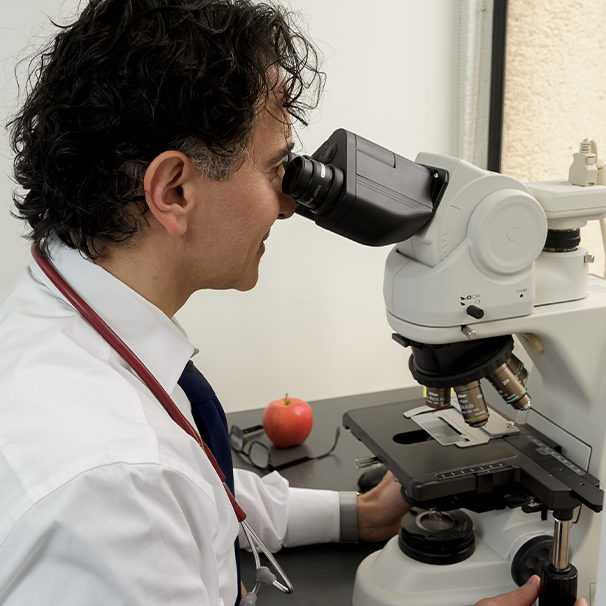Clinical Trials
Advancing Health has a long history of implementing and supporting clinical trials across a range of disciplines
View Related Stories
Designing data capture instruments and conducting, analyzing, and providing oversight for trials
At Advancing Health, our staff have over 30 years of experience in all aspects of clinical trials, from the design of data capture instruments to database issues, conduct, analysis, and oversight of trials.
15
Statisticians & Methodologists
20
Publications per Year
5
Ongoing International Collaborations

About the Program
Clinical trials are the most rigorous method for addressing clinical research questions; however, they are resource-intensive and require high-level expertise to design and conduct. At Advancing Health, our Scientists and staff have over 30 years of experience in all aspects of clinical trials, from the design of data capture instruments to database issues, conduct, analysis, and oversight of trials.
Our in-house team of clinical trial experts is available to facilitate and assist external investigators with the development and conduct of their clinical trials. View our Clinical Research Support page for more information.
Additional Information
Additionally, many of the scientists at Advancing Health conduct the majority of their research using clinical trials and are well-versed in applying various methodological approaches to answer health outcomes questions.
Program Head Dr. Joel Singer’s primary area of expertise is in methodological and analytical issues in clinical trials, and he has decades of experience with methodological issues in observational trials and cohort studies.
Learn More
Examples of Our Clinical Trials
Below is a sample of the types of clinical trials research taking place at Advancing Health.
Learn More About the Program
Want to learn more about our Clinical Trials Program? Read related stories here.
View All PostsResearch Programs
Advancing Health Scientists work across a broad range of disciplines, from health economics to personalized medicine, to decision sciences and much more.
Learn More
